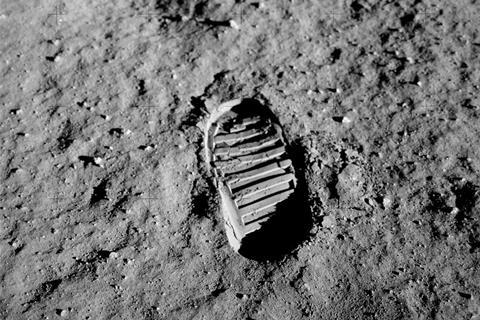The UK Space Agency has announced up to £65 million of funding for ground-breaking innovations that could boost UK leadership in space technologies and applications.

The National Space Innovation Programme (NSIP) will support high-risk, high-reward projects designed by British organisations with the potential to accelerate the development of new space technologies, satellite applications, and services.
The programme provides an opportunity for the UK space sector to develop novel and valuable commercial innovations that could tackle challenges such as the use of satellite data to combat climate change or providing services to make in-orbit applications more sustainable.
Driving innovation
The first tranche of up to £34 million funding is now open to proposals that will drive innovation, accelerate the route to market, and catalyse investment into the UK space sector. The remaining funding will be split across further calls in 2024 and 2025 with projects running until March 2027.
George Freeman MP, Minister for Space at the Department for Science, Innovation and Technology, said: “Our space sector is constantly advancing thanks to pioneering new ideas from our world-class scientists and technologists that push the potential of British innovation at its best.
“Investing in these projects not only bolsters the UK’s seat at the table of the global space community, but it unlocks future business and job opportunities that will accelerate the growth of our nation’s £17.5 billion space sector.”
Space technology
Dr Paul Bate, Chief Executive of the UK Space Agency, said: “In today’s interconnected world, space technologies have become critical to almost every aspect of our daily lives.
“The National Space Innovation Programme will support the UK’s most ambitious space technology projects and their potential to address real-world challenges, to catalyse investment, deliver new missions and capabilities, and harness the power of space to improve lives.”
Since its pilot launch in 2020, NSIP has provided UK organisations with over £25 million in funding, including SatVu which used the support to develop the first Middle Wavelength Infra-Red (MWIR) satellite, launched in June 2023. The satellite uses Earth observation data to gain insights into building emissions that can improve customer energy use and reduce emissions.
Kick starter
NSIP funding will be split between major projects and kick starter funding. NSIP Kick Starter will provide targeted support to early-stage and disruptive innovation, such as its previous funding of Cardiff-based Space Forge’s development of retractable solar panels that could provide reusable satellites with a compact and affordable energy solution, and Imperial College London’s research into metal additive manufacturing for application in space that could allow for replacement parts to be printed as required in orbit.
Rob Desborough, Managing Partner at investment company Seraphim Space, said: “The UK has a thriving SpaceTech ecosystem, over $47 billion of private capital has been invested across the global space sector since 2015. The UK accounted 17% of this, making it the second most attractive destination - only behind the US. Mechanisms like this are critical for the UK to maintain its prominence in what is now a globally competitive market worth in excess of $1 trillion by 2030.”
Research intensive
John Hanley, Chair of the trade association UKspace, said: “The UK space sector is one of the most research-intensive parts of our economy – with almost £800 million reported spend on R&D in the last Size & Health study. The UK Space Agency’s National Space Innovation Programme is hugely important as a catalyst for further industry investment to develop new and improved commercial products and services – driving growth across the whole of the country.”
Support from the NSIP fund is key to addressing project barriers in research and development, bringing high value space technologies to market that can create jobs and benefit people, businesses and communities for generations to come.
The announcement comes ahead of the UK Space Conference which runs from 21- 23 November, at ICC Belfast, a global platform for government, industry and academic space innovators to gather and collaboratively shape the future of space.







No comments yet